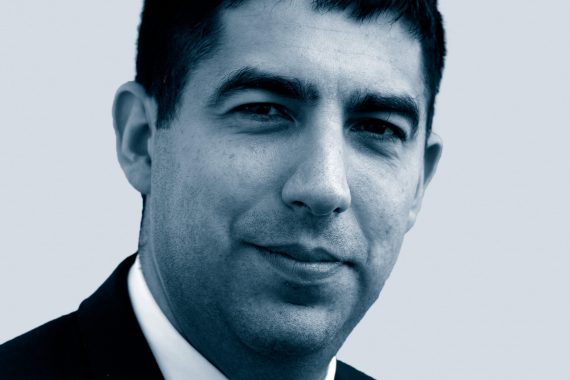Sorry to be in pain

August is traditionally supposed to be a quiet month in journalism. But this past week has seen some huge stories on Pulse: (deep breath), the health secretary saying the majority of GP consultations will continue to be remote, that GPs will continue doing secondary care work, NHS England saying GPs can’t refuse patients who refuse to wear face masks, ‘flexible’ appraisals are to restart in October, GPs should consider home visits to give flu jabs to shielded patients, and practices have six weeks to apply for Covid funding. Not many of these are great news for GPs, of course.
But the story that perhaps trumps all that is the one that came out of nowhere – that NICE is recommending that GPs stop prescribing opioids for chronic primary pain. Instead, the regulator says, they should consider prescribing antidepressants. Copperfield actually thinks that this is not terrible – and he’s far more qualified to discuss this than me.
However, that was before today’s exclusive Pulse bombshell: that the MHRA is considering the possibility of making all opioid-based medicines prescription only. Now, all GPs are aware of the problems of the opioid crisis. They understand that something needs to be done.
In the real world, I fear for GPs who are going to have to be dealing with patients with chronic pain. They are having two pragmatic options potentially taken away: prescribing opioids, which is not ideal but are at least an option when patients are desparate; and OTC opioids, which are not likely to harm and encourage self-management. If the NHS was working perfectly, and there were pain clinics and mental health services to refer to, it might be easier. But even pre-Covid, this wasn’t the case.
This isn’t just to rail against ‘heartsink’ patients and the like. No GP wants to be sitting in front of a patient in pain and not able to offer anything. Most worryingly, blunt and unrealistic guidance like this might have repercussions for the GP-patient relationship.
Jaimie Kaffash is editor of Pulse. Follow him on Twitter @jkaffash or email him at [email protected]
Pulse voluntary donation scheme
Since the outbreak of this pandemic, Pulse has strived to support you, whether it be through our resources page, our ‘Clinical Crises’ series, holding policymakers to account with exclusives such as practices being supplied with faulty masks, or GPs being told to stop routine services in the hardest hit areas.
However, good journalism cannot be done on the cheap and, like the whole publishing industry, we have been affected by the economic slowdown. We also strongly believe the content we produce should remain free as we feel it is essential for you. Because of this, we have set up a voluntary donation scheme. There is no compulsion whatsoever to donate. But if you feel we are helping you, and you would like to support us, anything you can spare would be greatly appreciated. Read more here.
Visit Pulse Reference for details on 140 symptoms, including easily searchable symptoms and categories, offering you a free platform to check symptoms and receive potential diagnoses during consultations.









